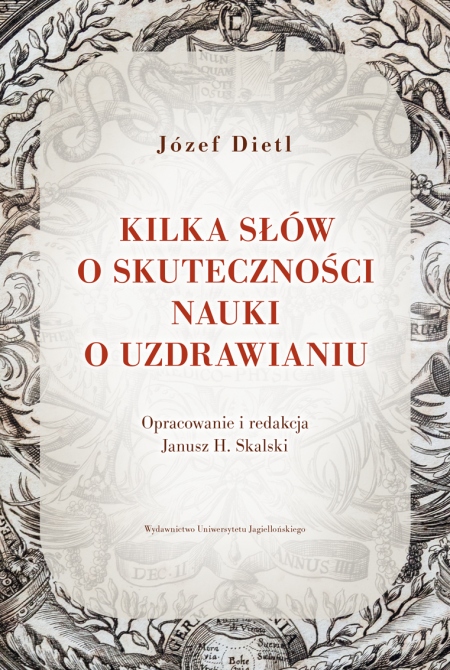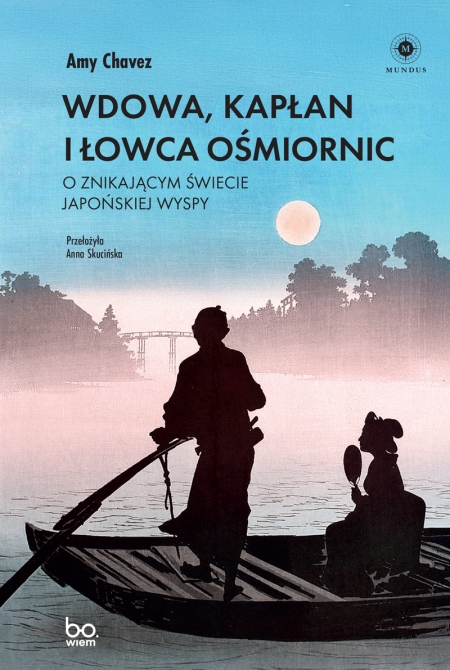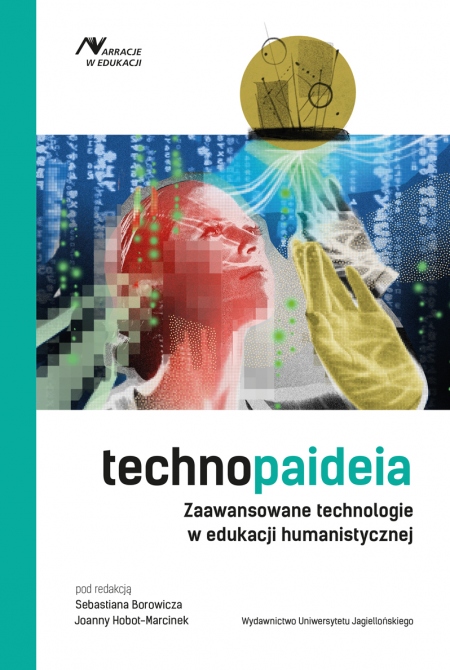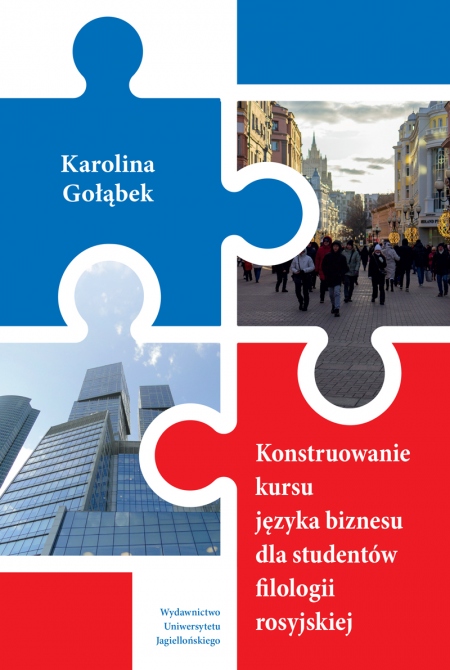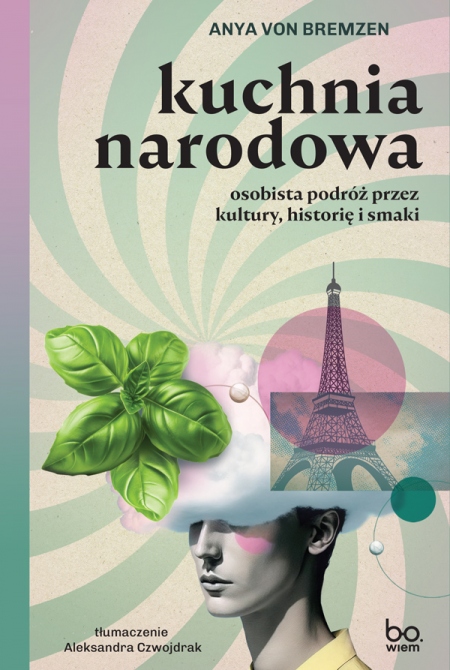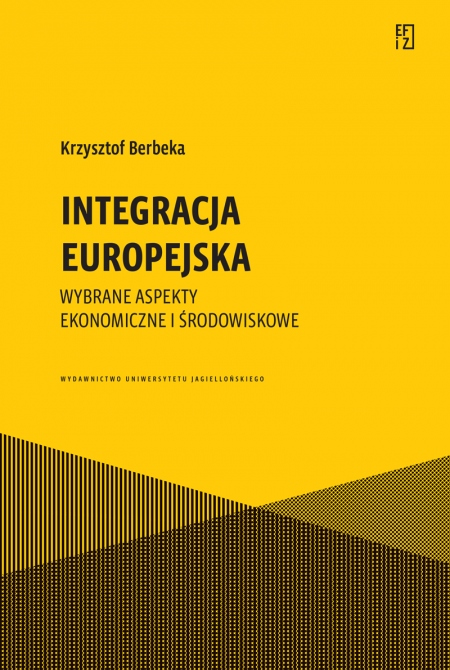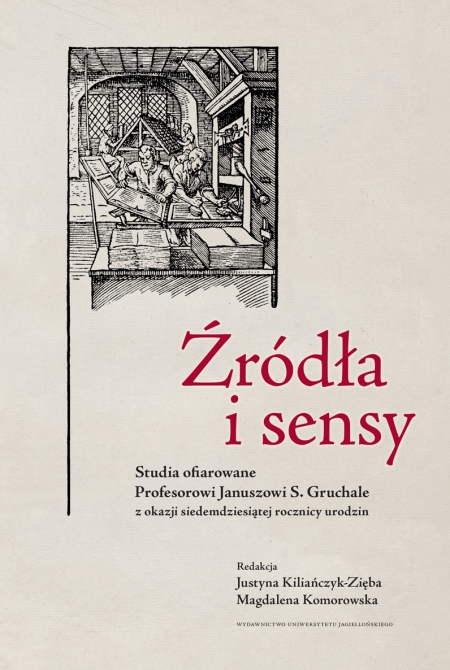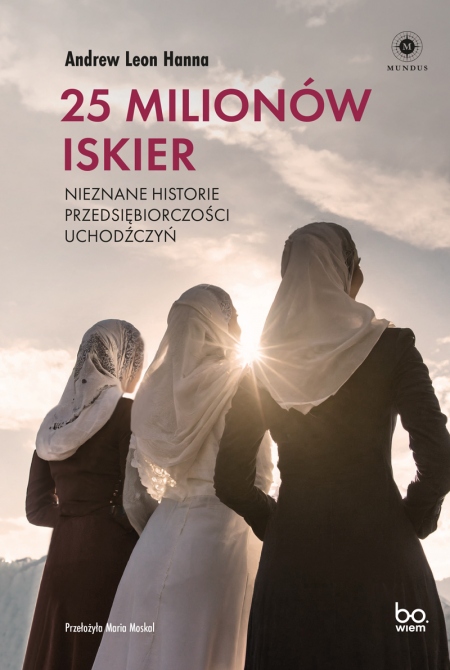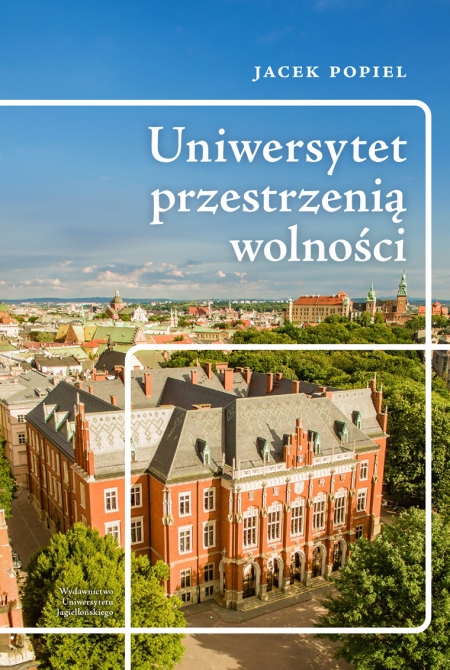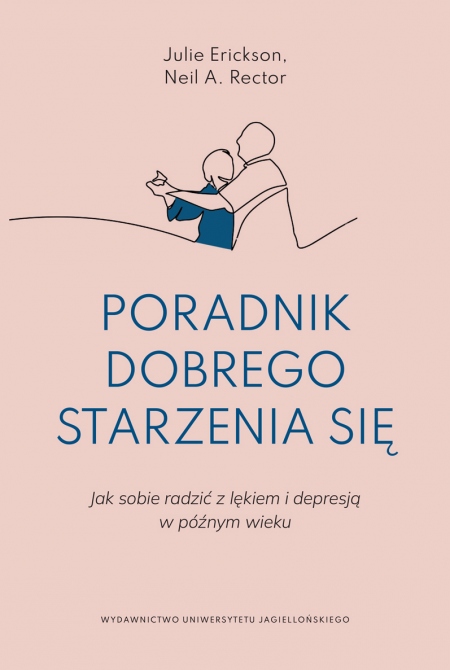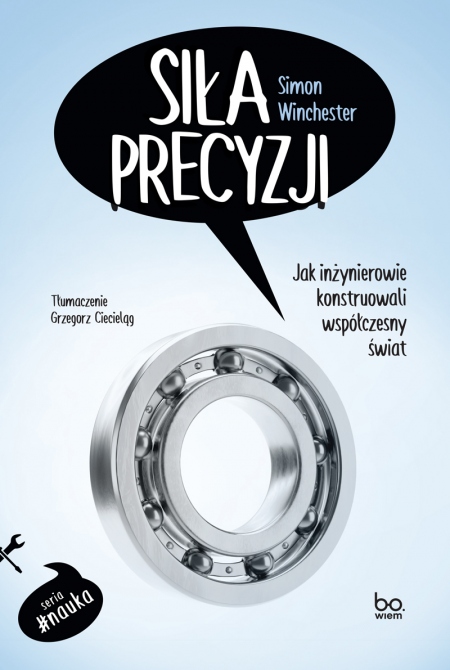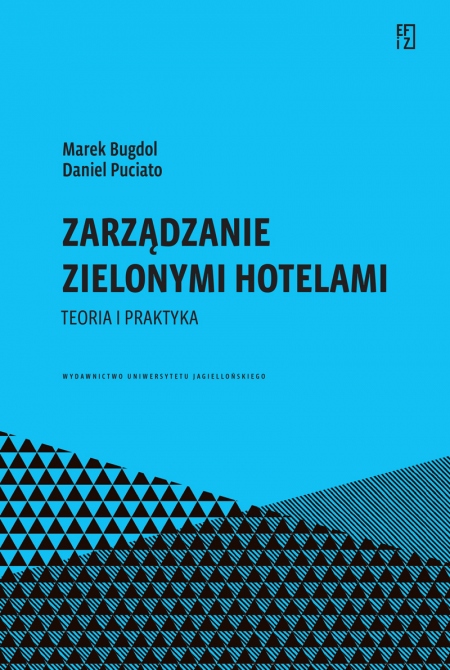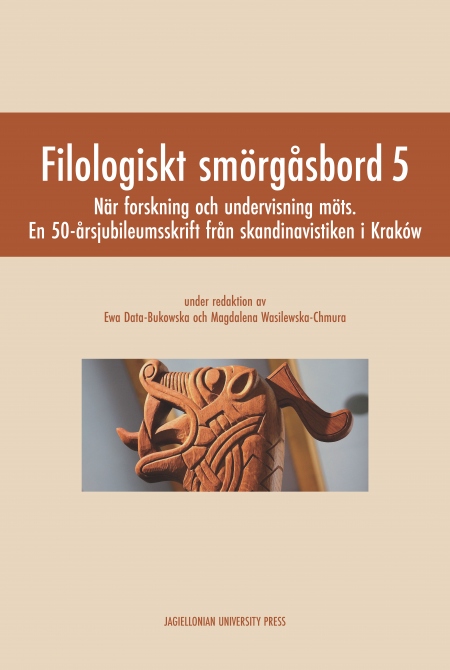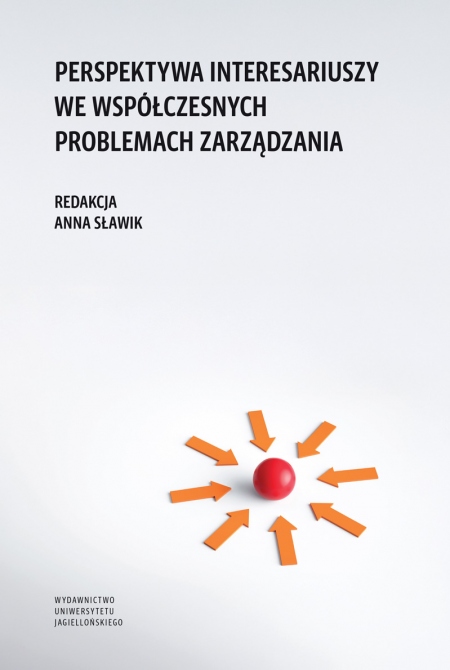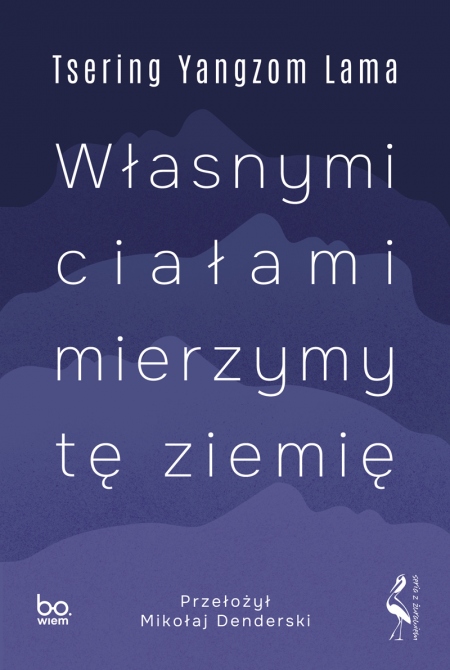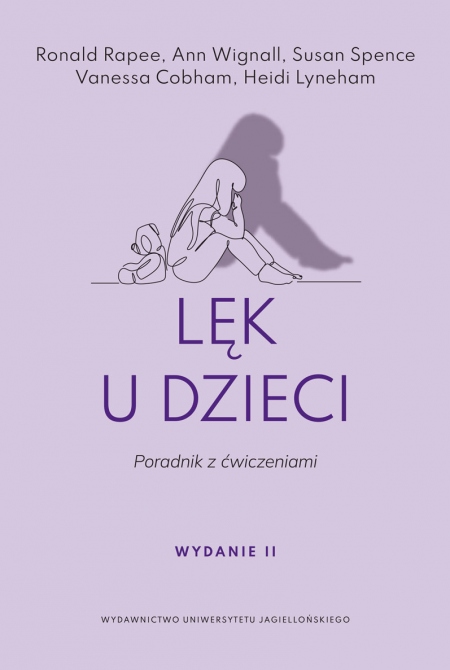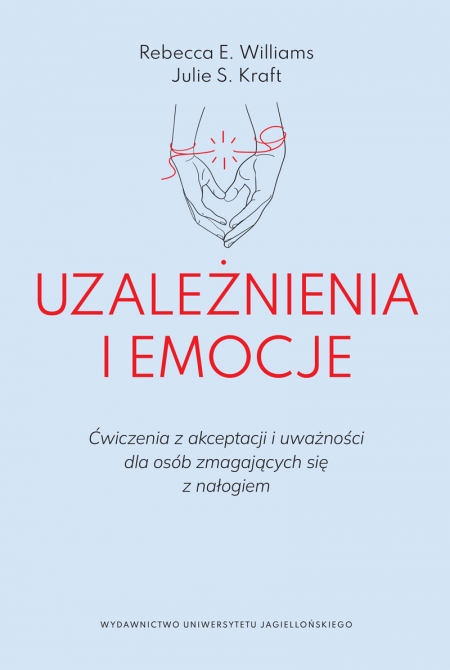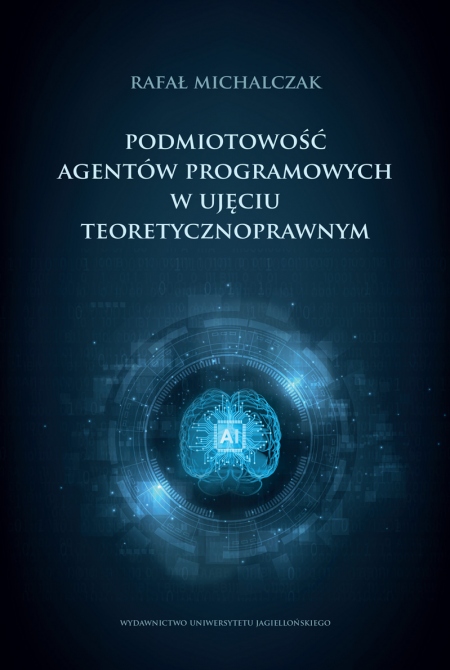Oriental Languages and Civilizations
Edited by: Barbara Michalak-Pikulska, Marek Piela, Tomasz Majtczak
Book description
Part 1 (Literature) offers new insights into belles-lettres written in Arabic, Hindi, Turkish, Urdu, Persian and Japanese.
Part 2 (Linguistics) contains studies on Sanskrit texts (in a stylometric approach), Japanese nominals, Japanese poetry as a linguistic source, Arabic translations of the Bible, Arabic dialect of Morocco, Arabic culinary terms of Persian origin and Turkish vocabulary of the language reform era.
Part 3 (History) investigates Napoleon’s campaign in the Middle East, Middle Eastern-Russian relations in the 18th century, the history of Seljuk Empire and the works of a Moroccan historian, Ǧaʿfar Ibn Aḥmad an-Nāṣīrī as-Salawī.
Part 4 (History of Oriental Studies) deals with the history of oriental studies in Kraków and with the problems of a critical edition of the Quran.
Part 5 (Culture and Science) examines the artistic achievements of Egyptian moviemaker Yūsuf Šahīn and possible influence of the Muslim science on medieval Polish scholars.
Part 6 (Religion and Philosophy) explores some philosophical concepts of the Confucian ethics and the contribution of Karīma Bint Aḥmad Al-Marwaziyya to preservation and transmission of some religious traditions of Islam.
Barbara Michalak-Pikulska is the Head of the Arabic Department of the Institute of Oriental Studies of the Jagiellonian University in Krakow. She obtained her Ph.D. in Arabic Literature from the Jagiellonian University in 1994, and now she is professor of Modern Arabic Literature.
Marek Piela, PhD , Assistant Professor at the Arabic Department of the Institute of Oriental Studies of the Jagiellonian University in Krakow (Poland). He teaches practical Hebrew and Theory of translation.
Tomasz Majtczak, PhD , Assistant Professor at the Institute of Oriental Studies of the Jagiellonian University in Krakow (Poland). In his academic interests he focuses on Old and Classical Japanese, historical grammar and genetic relationships of Japanese, Old Turkic, Yiddish and historical linguistics and etymology.
RECOMMENDED BOOKS
NEW BOOKS
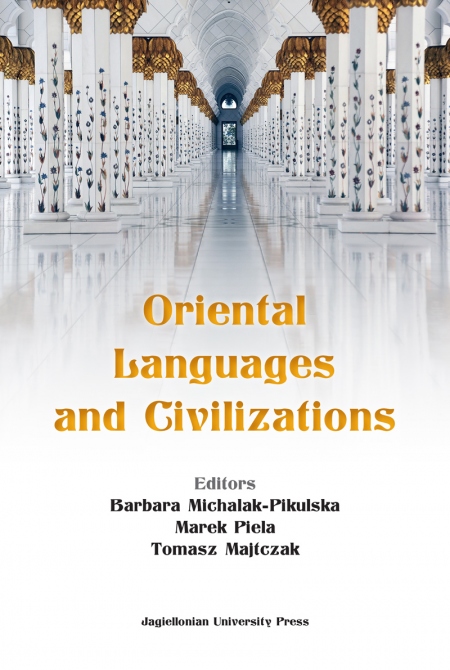
Oriental Languages and Civilizations
Barbara Michalak-Pikulska, Marek Piela, Tomasz Majtczak, Preface
Part 1: Literature
Sharief Al Jayyar, Tawfiq Al Hakim and Charles Dickens. A comparative study between Al Hakim’s The Return of the Spirit and Dickens’ A Tale of Two Cities. 15
Roswitha Badry, The Ghost of al-Ḥallāj by Maqbūl al-ʿAlawī. Only a novel on envy and ill will, rivalry and intrigues in past and present societies? 25
Hülya Bayrak Akyildiz, Representation of women in early republic era Turkish novels. 37
Krešimir Krnic, Partitioned state of undivided mind. The life and time of Saadat Hasan Manto. 47
Magdalena Kubarek, “To lift up people’s hearts and enlighten their minds.” The series of historical novels by Ǧurǧī Zaydān and Józef Ignacy Kraszewski. 55
Teresa Miążek, Hindi writer on civilization. Ajñeya’s critique of sabhyatā. 67
Renata Rusek-Kowalska, Where will The Address lead us this time? On the hermeneutical labyrinths Sohrāb Sepehri’s poem tempts us to enter. 79
Anna Zalewska, What makes a tanka poem a tanka? Modern approaches to form and versification in Japanese tanka poetry. 91
Part 2: Linguistics
Ivan Andrijanić, The authorship of the Chāndogyopaniṣad-Bhāṣya. A stylometric approach. 103
Arkadiusz Jabłoński, Japanese nominal elements. Why morphology? 117
Iwona Król, Marek Piela, Looking for God. The translation of a biblical metaphor into Polish and Arabic. 127
Tomasz Majtczak, What’s in a poem? Some remarks on Classical Japanese “names of things”. 143
Agnieszka Pałka-Lasek, Let’s talk globally, let’s talk locally – how to overcome communication problems. Arabic and French linguistic contacts in the discourse on the Moroccan Internet media. 159
Kinga Paraskiewicz, Persian dishes in the 13th century Kitāb al-ṭabīkh by al-Baghdādī. 173
Ewa Siemieniec-Gołaś, New Turkish vocabulary in Sadik Bey Agabeyov’s Turkish grammar (1930). 191
Part 3: History
Marek M. Dziekan, Has the son outgrown his father? The life and work of Ǧaʿfar Ibn Aḥmad an-Nāṣirī as-Salāwī (1893–1980). 203
Marcin Gajec, Emirs of Malikšāh and their struggle for power over Syria 1092–1098. 213
Svetlana Kirillina, Dialogue or confrontation. The Egyptian religious elite and the French occupation authorities (1798–1801). 223
Taras Y. Kobishchanov, On The Eve Of Colonialism. Arab rulers and Russian authorities at the last third of 18th century. 233
Dmitry R. Zhantiev, The chronicle of Nikula al-Turk as a source on the history of the campaign of Bonaparte in Syria in 1799. 241
Part 4: History of Oriental Studies
Ewa Dziurzyńska, Kraków in the life of Tadeusz Kowalski. 249
Elżbieta Górska, Studies in Arabic linguistics at the Jagiellonian University in Kraków. Areas of interest and state of research. 257
Marcin Grodzki, Reaching back to the Qur’ān’s literary (pre-)history. Source text for the critical edition wanted. 265
Iwona Milewska, Andrzej Gawroński and his forgotten translations of the songs from Aśvaghoṣa’s Buddhacarita and Saundarananda. 275
Part 5: Culture and Science
Ewa Machut-Mendecka, The work of Yūsuf Šahῑn – Egyptian filmmaker. 287
Katarzyna Pachniak, Muslim science in medieval and Renaissance Poland. Hypothetical influences. 295
Part 6: Religion and Philosophy
Pavel Pavlovitch, Karīma bint Aḥmad al-Marwaziyya and the transmission of Muḥammad b. Ismāʿīl al-Bukhārī’s al-Jāmiʿ al-ṣaḥīḥ. 307
Katarzyna Pejda, Concepts of xin 信 and cheng 誠 in early Confucian texts. 317
Oriental Languages and Civilizations
TABLE OF CONTENTS
Barbara Michalak-Pikulska, Marek Piela, Tomasz Majtczak, Preface
Part 1: Literature
Sharief Al Jayyar, Tawfiq Al Hakim and Charles Dickens. A comparative study between Al Hakim’s The Return of the Spirit and Dickens’ A Tale of Two Cities. 15
Roswitha Badry, The Ghost of al-Ḥallāj by Maqbūl al-ʿAlawī. Only a novel on envy and ill will, rivalry and intrigues in past and present societies? 25
Hülya Bayrak Akyildiz, Representation of women in early republic era Turkish novels. 37
Krešimir Krnic, Partitioned state of undivided mind. The life and time of Saadat Hasan Manto. 47
Magdalena Kubarek, “To lift up people’s hearts and enlighten their minds.” The series of historical novels by Ǧurǧī Zaydān and Józef Ignacy Kraszewski. 55
Teresa Miążek, Hindi writer on civilization. Ajñeya’s critique of sabhyatā. 67
Renata Rusek-Kowalska, Where will The Address lead us this time? On the hermeneutical labyrinths Sohrāb Sepehri’s poem tempts us to enter. 79
Anna Zalewska, What makes a tanka poem a tanka? Modern approaches to form and versification in Japanese tanka poetry. 91
Part 2: Linguistics
Ivan Andrijanić, The authorship of the Chāndogyopaniṣad-Bhāṣya. A stylometric approach. 103
Arkadiusz Jabłoński, Japanese nominal elements. Why morphology? 117
Iwona Król, Marek Piela, Looking for God. The translation of a biblical metaphor into Polish and Arabic. 127
Tomasz Majtczak, What’s in a poem? Some remarks on Classical Japanese “names of things”. 143
Agnieszka Pałka-Lasek, Let’s talk globally, let’s talk locally – how to overcome communication problems. Arabic and French linguistic contacts in the discourse on the Moroccan Internet media. 159
Kinga Paraskiewicz, Persian dishes in the 13th century Kitāb al-ṭabīkh by al-Baghdādī. 173
Ewa Siemieniec-Gołaś, New Turkish vocabulary in Sadik Bey Agabeyov’s Turkish grammar (1930). 191
Part 3: History
Marek M. Dziekan, Has the son outgrown his father? The life and work of Ǧaʿfar Ibn Aḥmad an-Nāṣirī as-Salāwī (1893–1980). 203
Marcin Gajec, Emirs of Malikšāh and their struggle for power over Syria 1092–1098. 213
Svetlana Kirillina, Dialogue or confrontation. The Egyptian religious elite and the French occupation authorities (1798–1801). 223
Taras Y. Kobishchanov, On The Eve Of Colonialism. Arab rulers and Russian authorities at the last third of 18th century. 233
Dmitry R. Zhantiev, The chronicle of Nikula al-Turk as a source on the history of the campaign of Bonaparte in Syria in 1799. 241
Part 4: History of Oriental Studies
Ewa Dziurzyńska, Kraków in the life of Tadeusz Kowalski. 249
Elżbieta Górska, Studies in Arabic linguistics at the Jagiellonian University in Kraków. Areas of interest and state of research. 257
Marcin Grodzki, Reaching back to the Qur’ān’s literary (pre-)history. Source text for the critical edition wanted. 265
Iwona Milewska, Andrzej Gawroński and his forgotten translations of the songs from Aśvaghoṣa’s Buddhacarita and Saundarananda. 275
Part 5: Culture and Science
Ewa Machut-Mendecka, The work of Yūsuf Šahῑn – Egyptian filmmaker. 287
Katarzyna Pachniak, Muslim science in medieval and Renaissance Poland. Hypothetical influences. 295
Part 6: Religion and Philosophy
Pavel Pavlovitch, Karīma bint Aḥmad al-Marwaziyya and the transmission of Muḥammad b. Ismāʿīl al-Bukhārī’s al-Jāmiʿ al-ṣaḥīḥ. 307
Katarzyna Pejda, Concepts of xin 信 and cheng 誠 in early Confucian texts. 317
Choose chapters to buy:
Order value:
0.00 zł




